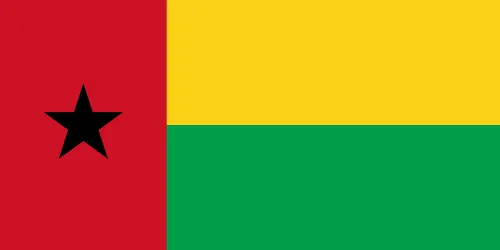
Celebrating Independence Day: Niger's Journey to Freedom
Independence Day in Niger is a momentous occasion that marks the nation’s liberation from colonial rule by France in 1960. Celebrated annually on August 3rd, this day serves as a reminder of the resilience and fortitude of Niger's people in their quest for sovereignty. In this article, we'll explore the significance of Independence Day in Niger, its historical context, and how it continues to shape the nation’s identity.
Historical Context
The struggle for independence in Niger was part of a larger wave of decolonization sweeping across Africa during the mid-20th century. Following World War II, many African nations began to push back against colonial powers, seeking self-governance and control over their own resources. Niger's road to independence was paved with activism, political mobilization, and a growing sense of national identity.
The Path to Independence
Niger was declared a French colony in 1922, and over the years, the local population became increasingly frustrated with colonial rule marked by exploitation and limited representation. The Nigerien Progressive Party, established in 1946, played a pivotal role in advocating for the rights of the Nigerien people, forming alliances with other nationalist movements across West Africa.
Significant developments occurred during the 1950s, highlighted by protests and demands for greater autonomy. On August 3, 1960, Niger officially gained independence, making it one of the last African nations to break free from colonial rule. The first president, Hamani Diori, signified a new era for Niger, emphasizing unity and progress.
Celebrating Independence Day
Independence Day is a national holiday in Niger, celebrated with fervor and enthusiasm. The day typically begins with a flag-raising ceremony, followed by parades and cultural displays that showcase Nigerien heritage. Schools, organizations, and local communities participate in various festivities, promoting a sense of national pride and solidarity.
Traditional music and dance play a significant role during the celebrations, with local artists performing songs that pay homage to the struggles and triumphs of their forebears. The celebrations not only honor the past but also inspire current and future generations to embrace their cultural identity.
Modern-Day Significance
Independence Day is more than a historical checkpoint; it represents ongoing efforts for development, governance, and social justice in Niger. It serves as a reminder of the sacrifices made by previous generations and reaffirms the commitment to promote peace, sovereignty, and independence in contemporary society.
In recent years, various governments have used this day to emphasize the importance of democracy, economic development, and national unity. As Niger navigates challenges like economic growth and environmental sustainability, the spirit of independence remains a guiding force for progress.
The Importance of National Identity
National identity is deeply intertwined with Niger’s celebration of Independence Day. It instills a sense of belonging among the citizens and fosters a collective vision for the future. As the nation continues to develop, recognizing and embracing its diverse ethnic and cultural backgrounds contributes to a more inclusive society.
In conclusion, Independence Day is not just a celebration of Niger’s freedom but a day that encapsulates the aspirations of its citizens. As Niger moves forward, the lessons learned from its past and the celebrations of its independence will continue to inspire generations to come.






